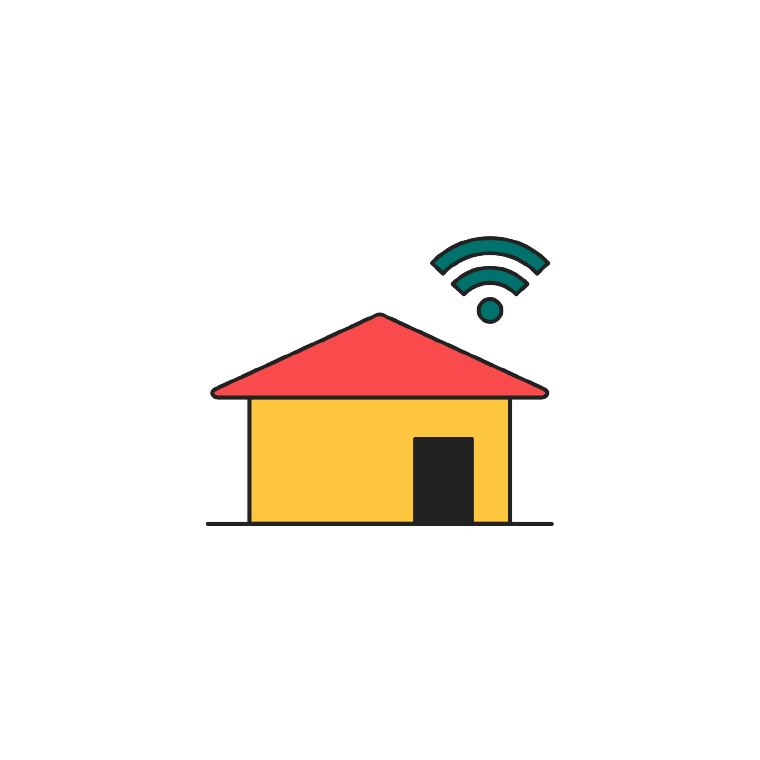
Organisation of Eastern Caribbean States (OECS)
1,147
Underserved schools
While many schools in OECS have some connectivity, tracking and improving service quality across all 1,147 schools would be a significant step towards truly universal connectivity, while also confirming and connecting any gaps (estimated at 20-30 schools).
Number of underserved schools: Project Connect Mapping, 2020

Regional collaboration across OECS countries is supporting optimisation of policies and strategies and improving service provision

Emphasising ICT in learning
The OECS Education Sector Strategy 2012-2026 highlights the need for greater investment in ICT training and integration. The strategy acknowledges that most OECS schools are not connected to the internet; however, there is a need to strengthen the use of ICT to enhance teaching and learning. The strategy provides the framework of a regional approach, including a results-based monitoring and evaluation mechanism for ICT integration.
Coordinating connectivity efforts regionally
The standard for school connectivity has been defined in the Caribbean Digital Education Vision for the 21st Century. Through the World Bank’s CARCIP, OECS achieved a high rate of connectivity in official buildings, including schools, across IDA members Grenada (92%), St. Lucia (95%), and St. Vincent (74%). The follow-up CARDTP program sets a goal of financing full broadband connectivity for schools as well as financing devices and includes expansion to Dominica.

Coordinating digital learning investment
Motivated by the COVID-19 pandemic, the OECS Commission is working to harmonise member state responses and transitioning all Member States to a digital education system. The OECS is planning to integrate wide-spread e-learning platforms that member ministries of education can leverage for remote learning. The OECS Commission conducted an assessment of Learning Management Systems that Member States will use to inform the selection and scaling of LMS.
Giga is supporting OECS to ensure regional harmonisation and sharing of best practices. Some of Giga’s priority areas for collaboration in OECS include:
Building capacity of OECS regional initiatives, such as ECTEL, around harmonising and strengthening regulation and policy in line with 2028 Development Strategy.
Seeking funding and pricing discounts for digital education services and products for humanitarian uses, among others.
Supporting OECS Member States to adapt global DPG resources and scale up the use of digital textbooks and content.
From schools to communities
Schools are often the centre of communities. Giga hopes to explore sustainable models to use the school as a hub to connect people in the local community. This model could support OECS to expand access, and overcome current community constraints, including slow speeds, relatively high costs and unreliable connections.

1 School
98 Students & teachers
359 Local community members within 1km
702
Schools
185K Students & teachers
250K
Local community members within 1km
Partner with Giga
on School connectivity
in OECS
Image of Dr. Keith Mitchell ©CARICOM
